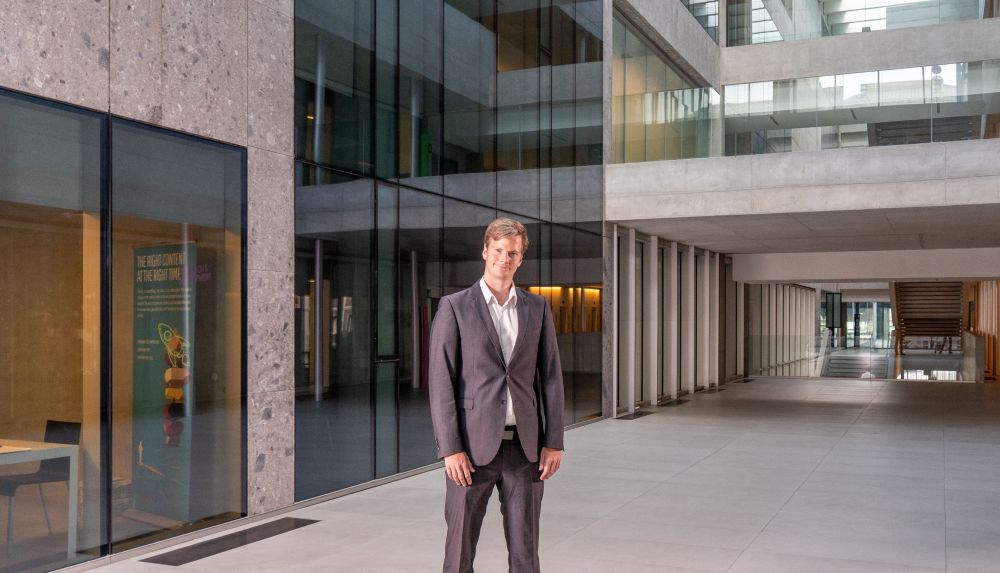Executive Dean and Professor of Organisational Behaviour at Bayes Business School, City and St George's, University of London
André Spicer is a New Zealand academic, Dean, and Professor of Organisational Behaviour at Bayes Business School, City, University of London. He is an expert in the fields of Organisational Behaviour, Leadership and Corporate Social Responsibility, and is the founding director of ETHOS: The Centre for Responsible Enterprise at Bayes. .. more

There is a big difference between the social sciences where people peak at tenure then decline and the natural sciences where people are up to speed at tenure and then maintain rate
arxiv.org/pdf/2411.10575

*Causal claims have increased in recent years.
*Papers with complex casual claims more likely to be published in top journals & have more cites
*Papers dealing with core concepts (but novel causal paths) do well in cites
arxiv.org/abs/2501.06873
Are there too many streams?
Are the streams increasingly narrow?
Should the number of streams be cut in half?
- C. K. Chesterton

www.hepi.ac.uk/2025/06/05/u...

www.youtube.com/live/pky8MAY...


The answer isn't just lower heat, it's also the right amount of starch
pubs.aip.org/aip/pof/arti...


Which skills are most valuable for augmenting AI?
New study suggests it is 'EPOCH' skills: Empathy, Presence, Opinion, Creativity and Hope.
papers.ssrn.com/sol3/papers....

Interesting piece by @jemima.bsky.social on the importance of hope in leadership and life
on.ft.com/3GtDi10

We avoid our fear of life through isolation, anchoring, distraction and sublimation.
Thought provoking essay by philosopher & mountainaire Peter Zapffe written in 1933.
philosophynow.org/issues/45/Th...

Having actors with moral foundations in a game leads to better collective outcomes. However, having an actor who goes into moral overdrive by dogmatically insisting on foundation leads to worse collective outcomes
academic.oup.com/qje/advance-...
New study finds:
More words for snow in colder societies, but not more words for rain in rainy society
More words for smell in rainy & hot societies.
More words for dance in smaller & simple societies
osf.io/preprints/ps...
In 2019 Mark Carney floated idea of a 'synthetic hegemonic currency' - a global reserve currency made up of a basket of central bank digital currencies.
www.kansascityfed.org/documents/69...
Study of 17-18th c Netherlands and 19-20th c British finds it can no longer borrow beyond its means.
About 1/3 of US gov borrowing backed by future revenue
www.aeaweb.org/conference/2...
Study of Italian municipalities finds populists do what they say in campaign - but at cost of lower repayment of debt, higher cost overruns, higher forced turnover in top bureaucrats (particularly highly educated)
onlinelibrary.wiley.com/doi/pdfdirec...

